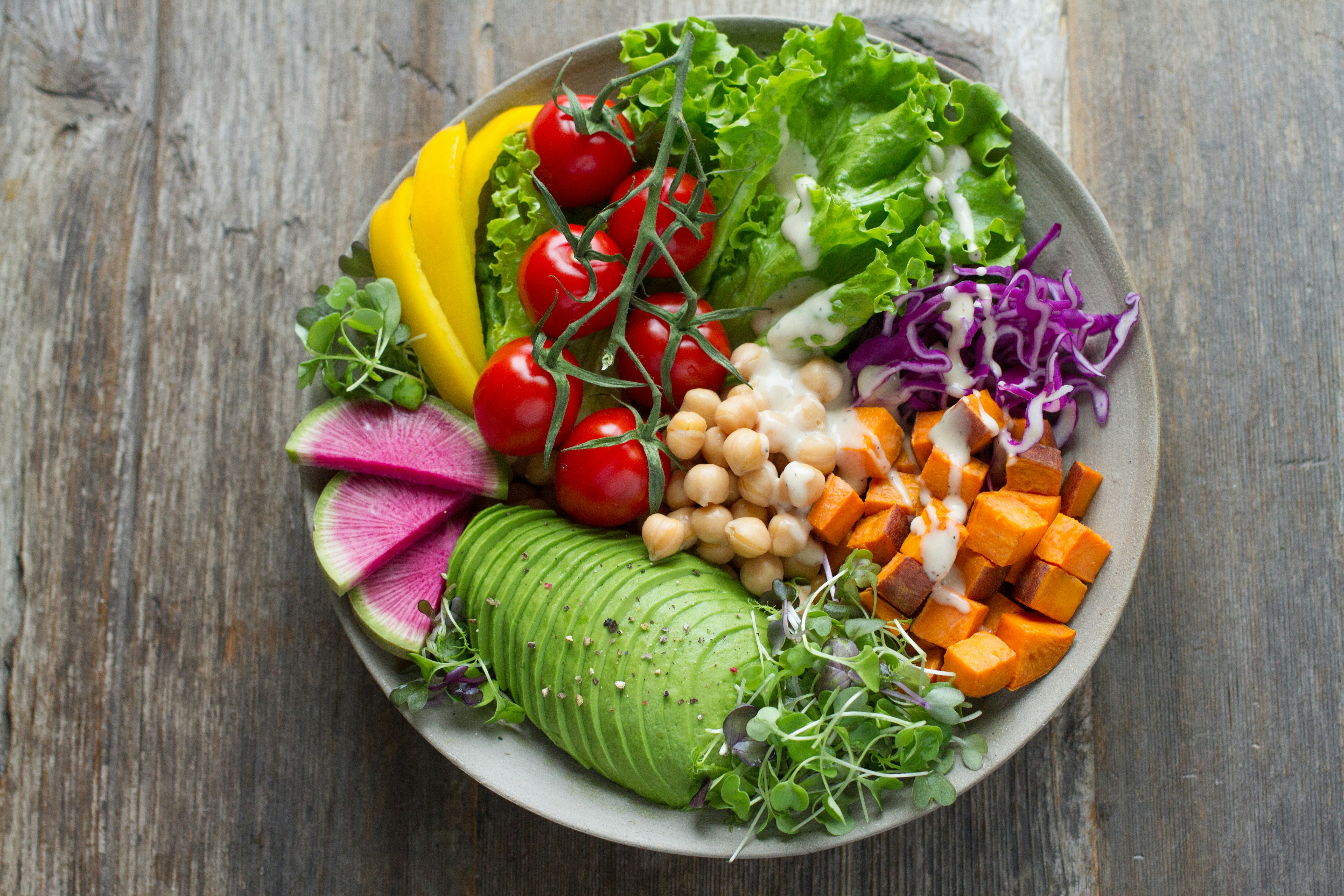The Integral Role of Nutrition in Athletic Performance
Good nutrition is an essential part of any athlete's training regimen. It can impact energy levels, recovery time, and overall performance. Read below to learn more about the importance of proper nutrition in sports and how to fuel your body for optimal performance.

The Connection between Nutrition and Performance
Nutrition plays a crucial role in athletic performance. It provides the fuel athletes need to perform at their best. The right balance of carbohydrates, proteins, and fats can enhance endurance, strength, and speed. In contrast, poor nutrition can lead to fatigue, reduced performance, and a higher risk of injuries.
Carbohydrates are the body’s primary source of energy. They are quickly broken down into glucose, which is used by the muscles during physical activity. Proteins are vital for muscle repair and recovery. Fats, on the other hand, provide a slow, sustained source of energy, especially during long-duration activities.
Importance of Hydration in Sports
Hydration is another critical aspect of sports nutrition. Athletes can lose significant amounts of fluids and electrolytes through sweat during intense exercise. Dehydration can lead to cramps, fatigue, and even heat stroke. Consequently, athletes need to drink enough fluids before, during, and after exercise to replace what they lose.
Water is usually sufficient for short workouts, but sports drinks containing electrolytes and carbohydrates can be beneficial during longer activities. However, athletes should be cautious about consuming too much sugar, as it can lead to weight gain and other health issues.
Timing of Meals and Snacks
The timing of meals and snacks can also affect athletic performance. Eating a meal 2-4 hours before exercise can provide the energy needed for the activity. A small, easy-to-digest snack can be eaten 30-60 minutes before a workout to top off energy stores.
After exercise, athletes should aim to consume a meal or snack containing protein and carbohydrates within 30 minutes. This helps replenish glycogen stores and aids in muscle recovery.
Role of Supplements in Sports Nutrition
While a balanced diet should provide all the necessary nutrients for athletic performance, some athletes may benefit from supplements. These can include vitamins, minerals, protein powders, and performance-enhancing supplements like creatine.
However, athletes should be cautious about the supplements they choose. Not all products are safe or effective, and some may even contain banned substances. It’s always best to consult with a healthcare professional or sports dietitian before starting any supplement regimen.
Individualized Nutrition Plans
Every athlete is unique, and so are their nutritional needs. What works for one person may not work for another. Factors like age, gender, body composition, training regimen, and personal goals can all affect nutritional needs.
Therefore, athletes can benefit from individualized nutrition plans tailored to their specific needs. A sports dietitian or nutritionist can provide valuable guidance in this area.
Useful Tips and Facts: - A balanced diet for athletes should consist of 55-60% carbohydrates, 15-20% protein, and 20-30% fat. - Athletes should aim to drink 16-20 ounces of fluid for every pound of body weight lost during exercise. - The American College of Sports Medicine recommends consuming 1.2-2.0 grams of protein per kilogram of body weight per day for athletes.
In conclusion, good nutrition is integral to athletic performance. By eating a balanced diet, staying hydrated, and timing meals and snacks effectively, athletes can fuel their bodies for optimal performance. Supplements can also be beneficial, but should be used cautiously and under professional guidance. Finally, individualized nutrition plans can help athletes meet their specific nutritional needs and performance goals.




